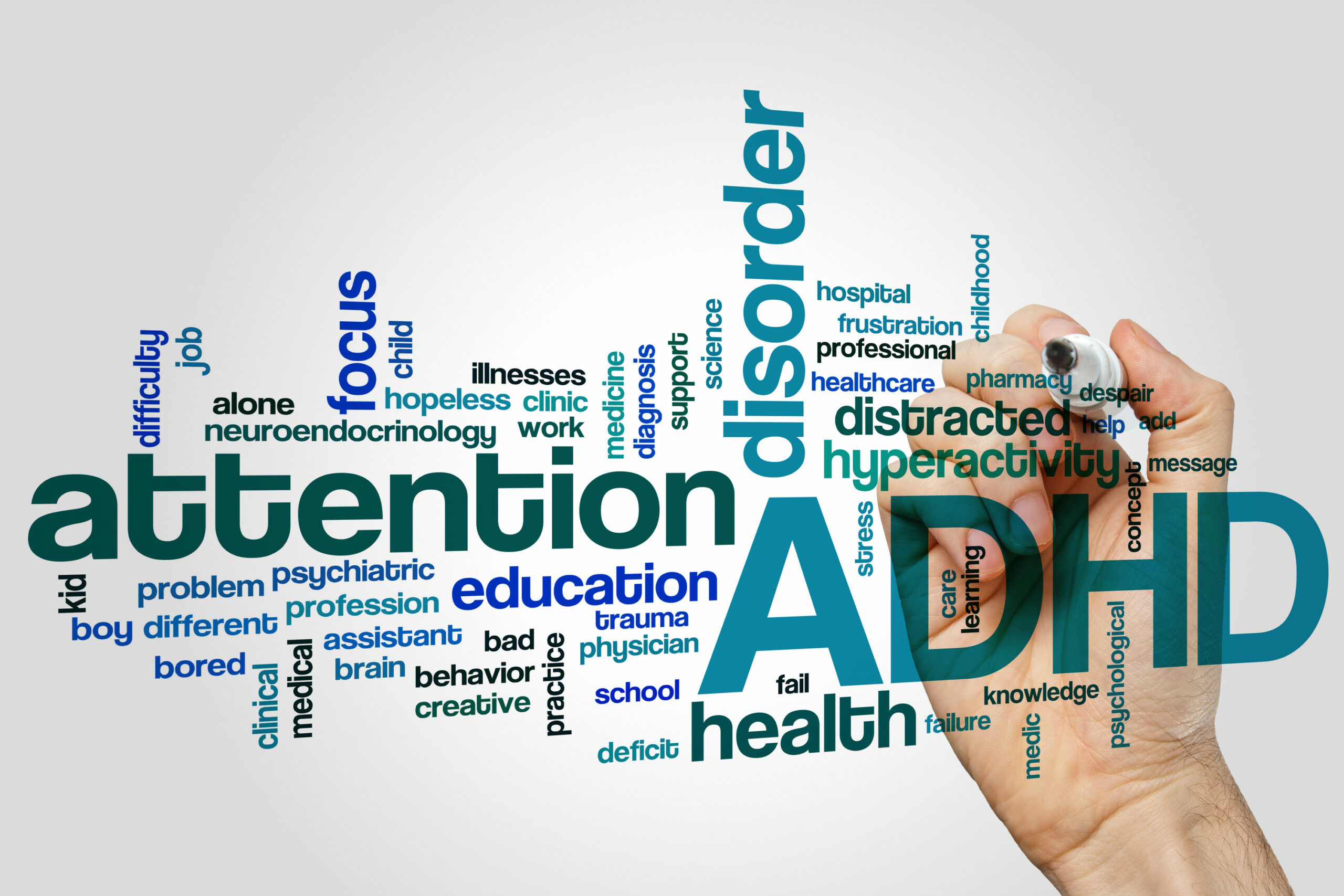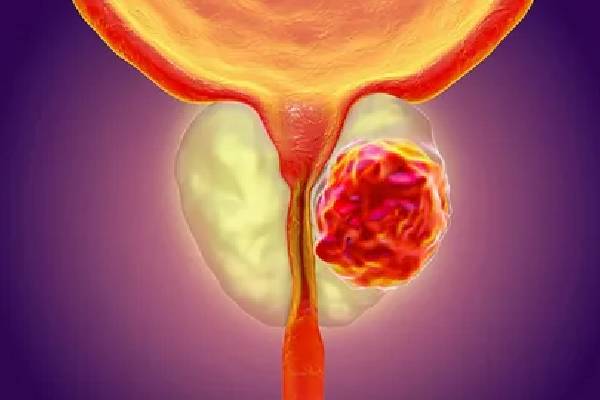Attention Deficit Hyperactivity Disorder (ADHD) is a neurodevelopmental disorder that affects millions of people worldwide. Characterized by symptoms of inattention, hyperactivity, and impulsivity, ADHD can significantly impact various aspects of daily life, including decision-making. Individuals with ADHD often find themselves facing challenges when it comes to making choices, both large and small. Understanding these challenges and implementing strategies to improve decision-making can lead to better outcomes and a more manageable life.
The Challenges of Decision-Making with ADHD
People with ADHD frequently experience difficulties with decision-making due to a combination of cognitive and emotional factors. These challenges can be broadly categorized into the following areas:
Impulsivity:
One of the core symptoms of ADHD is impulsivity. This can lead to hasty decisions made without fully considering the consequences. Impulsive decision-making often results in choices that are regretted later, such as spending money impulsively or making rash commitments.
Inattention:
Difficulty sustaining attention can make it hard to gather and evaluate all necessary information before making a decision. Individuals with ADHD might overlook important details or fail to consider all available options, leading to suboptimal choices.
Difficulty with Prioritization:
ADHD can make it challenging to prioritize tasks and decisions. This difficulty can result in procrastination or an inability to focus on the most critical decisions, often leading to poor time management and missed deadlines.
Emotional Regulation:
Emotional dysregulation is common in ADHD. Individuals might experience heightened emotions, such as frustration or anxiety, which can cloud their judgment and lead to decisions driven by immediate feelings rather than rational thought.
Tips for Better Decision-Making with ADHD
Improving decision-making skills can greatly enhance the quality of life for individuals with ADHD. Here are some practical tips and strategies to help make better choices:
Create a Structured Decision-Making Process:
Implementing a structured approach can help mitigate impulsivity and inattention. Start by defining the decision that needs to be made and listing all possible options. Next, evaluate the pros and cons of each option. Finally, make a decision based on a thorough assessment rather than a spontaneous reaction. Tools like decision matrices or pros-and-cons lists can be particularly useful in this process.
Break Down Decisions into Smaller Steps:
Large decisions can be overwhelming and lead to procrastination. Breaking down the decision into smaller, more manageable steps can make the process less daunting. For example, if choosing a new job, first consider the job description, then the work environment, followed by salary and benefits. Taking one step at a time can simplify the process and help maintain focus.
Utilize Reminders and Alarms:
People with ADHD often benefit from external reminders and cues. Use alarms, notifications, or to-do lists to keep track of deadlines and important decision points. Setting reminders to review options or revisit decisions can help ensure that all necessary information is considered.
Seek Input from Trusted Individuals:
Consulting with friends, family members, or mentors can provide valuable perspectives and help counteract impulsive tendencies. Discussing options with others can offer insights that might not have been considered and provide a more balanced view of the situation.
Practice Mindfulness and Emotional Regulation:
Techniques such as mindfulness and meditation can help manage emotional responses and improve focus. By learning to regulate emotions and stay present, individuals with ADHD can make decisions with a clearer mind and avoid choices driven by temporary feelings.
Set Clear Goals and Priorities:
Establishing clear goals and priorities can guide decision-making. When faced with a choice, refer to these goals to determine which option aligns best with long-term objectives. This alignment can help simplify decisions and ensure they are in line with personal values and aspirations.
Consider Professional Guidance:
In some cases, working with a coach or therapist specializing in ADHD can provide additional support. Professional guidance can offer strategies tailored to individual needs and help develop skills to improve decision-making and overall executive functioning.
Reflect on Past Decisions:
Reviewing past decisions and their outcomes can provide valuable insights. Reflect on what worked well and what didn’t, and use this information to inform future choices. This reflection can help identify patterns and improve decision-making over time.
Conclusion
Decision-making can be particularly challenging for individuals with ADHD, but implementing effective strategies can significantly improve outcomes. By creating a structured decision-making process, breaking decisions into smaller steps, utilizing reminders, seeking input from trusted individuals, practicing mindfulness, setting clear goals, considering professional guidance, and reflecting on past decisions, individuals with ADHD can enhance their decision-making skills and lead a more organized and fulfilling life. With patience and practice, better choices become not just a possibility, but a reality.







Leave a comment
Your email address will not be published. Required fields are marked *